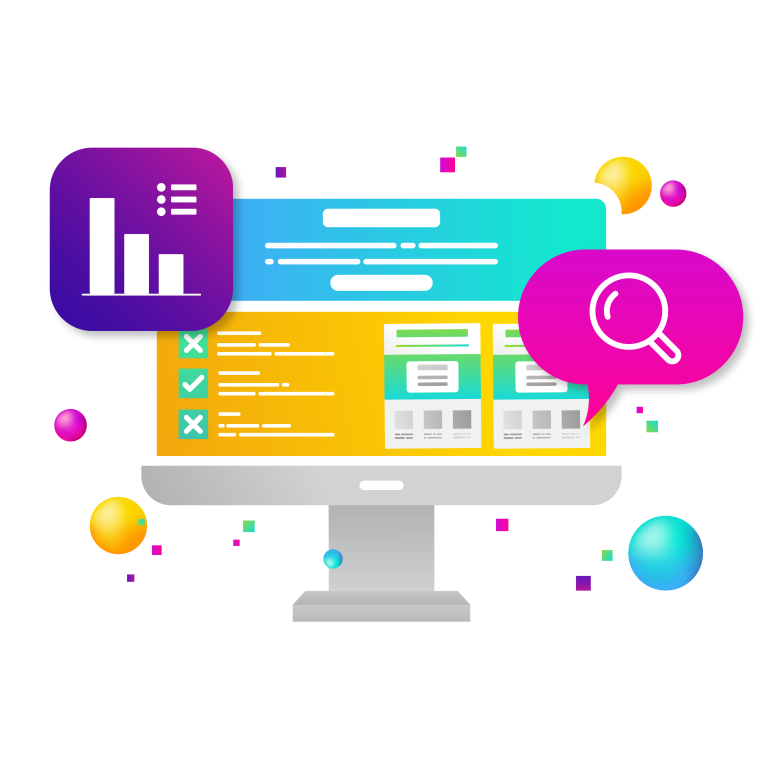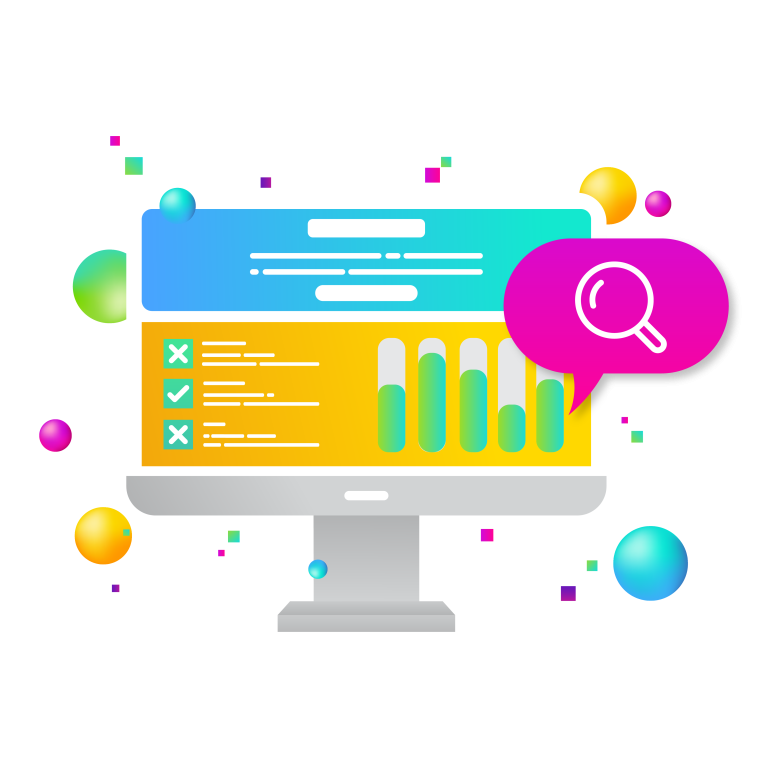
AI and WordPress are No Longer a Distant Possibility
Artificial intelligence (AI) has transformed various industries, from healthcare to finance, and its reach is now extending into website management and content creation. WordPress, the most popular content management system (CMS) globally, is leveraging AI to unlock new possibilities. Today, AI tools like OpenAI’s GPT-4 are helping WordPress users automate content production, provide personalized user experiences, and optimize their SEO strategies, all with minimal technical know-how.
In this article, we will explore how AI and WordPress users can harness the power of AI for a variety of tasks—from automated content generation to real-time lead nurturing—and how businesses can create dynamic product recommendations to improve customer engagement. We will also address the challenges and ethical considerations of adopting AI while exploring future trends in AI and WordPress integration.
Integrating AI and WordPress
WordPress users now have access to a range of plugins and APIs that integrate AI capabilities seamlessly into their websites. These integrations allow users to incorporate AI without needing to write complex code. Plugins like WP GPT-4, AI Engine, and Elementor AI enable everything from chatbot deployment to automated content generation and personalized product recommendations.
For smooth integration, users need to follow some essential steps:
- API Setup: Platforms like OpenAI require API keys to connect AI models to your WordPress site.
- Plugin Compatibility: Some AI plugins work best with specific themes or hosting environments.
- Performance Considerations: AI-based analytics or recommendation engines can require additional server resources.
Once integrated, these tools allow businesses to automate tedious tasks and deliver personalized experiences, giving them a competitive edge.
Automating Content Generation with GPT-4
Creating engaging content can be a daunting task, especially for businesses managing blogs, product pages, and email marketing campaigns. With AI models like GPT-4, WordPress users can automate a significant portion of their content production. GPT-4 is capable of generating high-quality articles, product descriptions, and even social media posts. This not only saves time but ensures consistency across platforms.
- Use Cases:
- Blog Posts: Automatically generate draft articles on trending topics.
- Product Descriptions: Create detailed and persuasive product listings for eCommerce sites.
- Email Campaigns: Develop personalized email content for different audience segments.
While AI-generated content offers efficiency, it is essential to apply human oversight. Content editors should review AI-generated text to align with brand voice and ensure quality. Additionally, combining AI with human creativity results in more engaging and authentic output, ensuring that the content resonates with the target audience.
AI-Enhanced Lead Nurturing and Chatbots
AI-powered chatbots have become a cornerstone of modern lead nurturing strategies. These chatbots can perform tasks such as answering customer inquiries, capturing leads, and guiding users through the sales funnel—all without human intervention. Popular WordPress plugins, like Tidio, Drift, and WP-Chatbot, make it easy to deploy AI chatbots on websites.
Chatbot Benefits for Lead Nurturing
- 24/7 Customer Support: AI chatbots ensure that visitors always receive prompt responses.
- Lead Qualification: Chatbots can ask visitors qualifying questions and segment leads based on their answers.
- Follow-Up Automation: Chatbots can automatically send follow-up emails, product recommendations, or special offers.
Moreover, AI chatbots can integrate with CRM systems like HubSpot or Salesforce, allowing businesses to build effective, data-driven lead nurturing workflows. The combination of real-time interaction and automated follow-ups helps businesses convert visitors into paying customers more efficiently.
Dynamic Product Recommendations for Ecommerce
Personalization is a key driver of eCommerce success, and AI takes this to the next level with dynamic product recommendations. AI-powered recommendation engines, integrated through plugins such as Recommendations AI for WooCommerce or Beeketing, analyze user behavior to suggest products that align with individual preferences.
How AI Enhances Product Recommendations
- Behavior Tracking: AI monitors browsing history, clicks, and past purchases to understand user interests.
- Predictive Analysis: AI predicts future purchase behavior based on trends and user activity.
- Dynamic Content Delivery: Recommendations change in real-time as users interact with the site.
Personalized product suggestions increase customer satisfaction, improve conversion rates, and encourage repeat purchases. For example, if a customer frequently browses fitness products, the AI might recommend accessories like resistance bands or water bottles, enhancing the shopping experience.
Automating SEO Tasks with AI Tools
Search engine optimization (SEO) is crucial for driving organic traffic to a website. However, optimizing content manually can be time-consuming. AI-powered SEO tools integrated with WordPress make this process much more manageable. Plugins such as Rank Math AI and Yoast SEO Premium offer automated solutions to improve keyword targeting, optimize meta descriptions, and provide content recommendations.
AI Applications in SEO
- Keyword Research: AI tools suggest keywords based on competitor analysis and search trends.
- Content Optimization: AI identifies opportunities to improve readability, keyword density, and metadata.
- SEO Audits: AI performs regular audits to ensure the website remains optimized over time.
By automating routine SEO tasks, businesses can focus on creating strategic content while maintaining high search rankings. AI-powered SEO plugins also help identify content gaps, ensuring that businesses stay ahead of competitors by addressing user needs more effectively.
Leveraging AI-Driven Analytics for Personalization
AI-based analytics tools go beyond traditional data analysis by providing actionable insights and predictive recommendations. These tools help businesses create personalized experiences by tracking user behavior and adjusting content in real-time. Google Analytics 4 and HubSpot AI are popular examples of platforms that integrate AI to deliver deeper insights into user behavior.
AI Applications in Personalization
- Dynamic Landing Pages: AI modifies landing pages based on visitor attributes like location or past behavior.
- Personalized Offers: AI identifies high-intent users and delivers targeted offers, improving conversion rates.
- Content Recommendations: AI adjusts blog or product suggestions based on browsing patterns, increasing engagement.
With AI-driven personalization, businesses can deliver the right content to the right audience at the right time, improving customer satisfaction and retention.
Challenges and Considerations of WordPress and AI
While AI offers powerful tools, it is not without challenges. Users must carefully manage AI implementation to ensure it aligns with ethical standards and legal frameworks.
Key Considerations
- Transparency: Businesses must disclose when content or recommendations are AI-generated to maintain user trust.
- Bias in AI: AI algorithms can reflect biases if trained on unbalanced datasets, leading to unfair or inaccurate outcomes.
- Data Privacy: Compliance with data regulations, such as GDPR, is essential when using AI-driven analytics or chatbots.
- Maintaining Brand Voice: Over-reliance on AI for content creation can dilute a brand’s unique identity, making human oversight crucial.
The Future of AI and WordPress
As AI technology continues to evolve, new tools and applications will become available to WordPress users. Future trends may include:
- AI-Driven Design Tools: These tools will automatically generate website layouts based on user preferences and trends.
- Voice Search Optimization: AI will play a more prominent role in optimizing websites for voice searches.
- Predictive Analytics: AI will help businesses forecast trends and make proactive decisions based on data insights.
WordPress users who stay informed about these developments will gain a competitive edge, as AI will become increasingly integrated into core site management processes.
AI has moved beyond theory and is now actively transforming how WordPress websites are managed. From automating content generation and enhancing SEO to nurturing leads and delivering personalized recommendations, AI tools are helping businesses operate more efficiently and strategically. By experimenting with AI-driven plugins and staying informed about emerging trends, WordPress users can unlock new possibilities and improve their digital experiences. And New Target can help.



